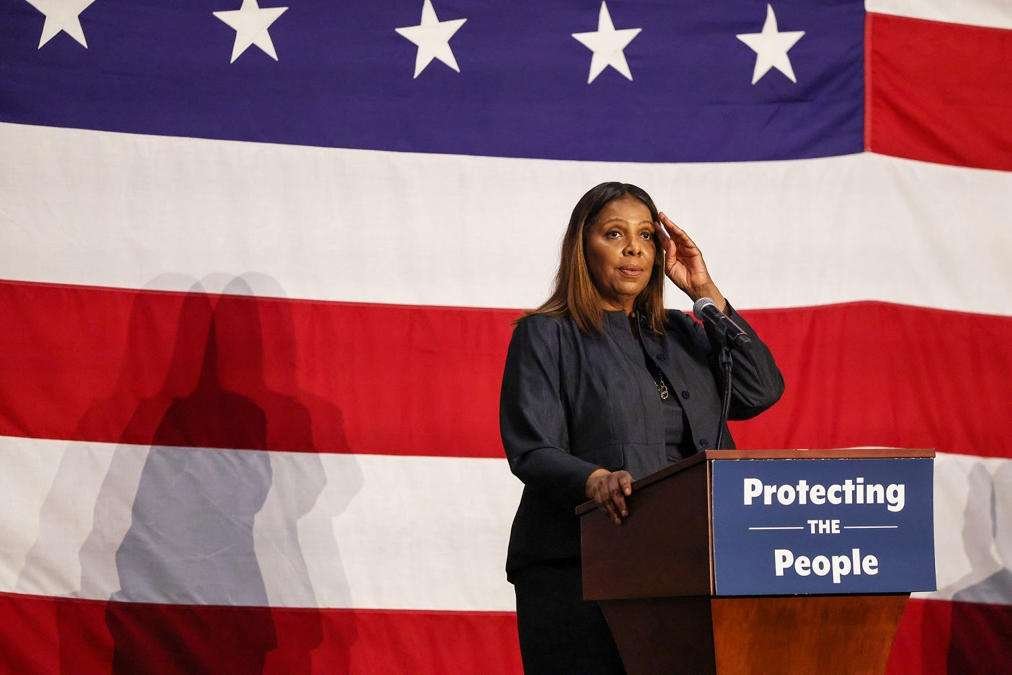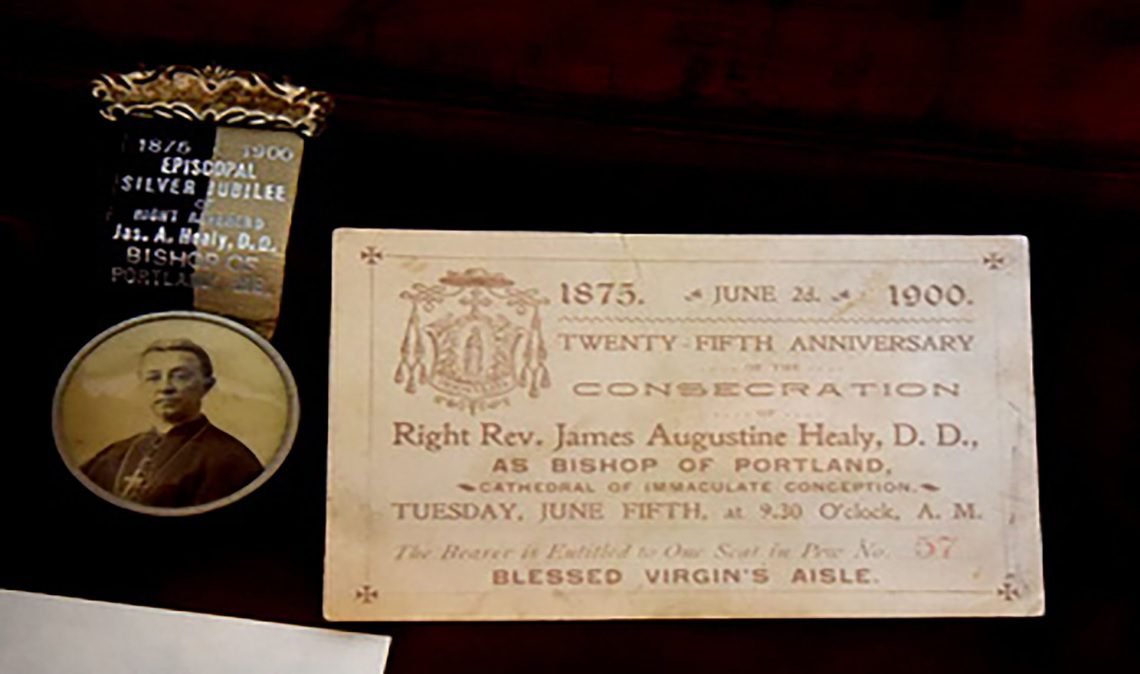By Lola Renegade
“Blacks who claim respectability and allow that mirage to keep them quiet and from being actors in the necessary drama needed to change an oppressive society are instruments of continued oppression.” Black Robes White Justice: Why Our Legal System Doesn’t Work for Blacks by Former New York Supreme Court Justice Bruce Wright.
America has always been a land of contradictions. Mansions rise beside tent cities. Private jets glide over food deserts. Wall Street celebrates record profits while Main Street collapses under debt.
And increasingly, that contradiction lives within Black America itself. While millions of African Americans still struggle to make ends meet—sometimes working two jobs, juggling rent and medicine, fighting to keep the lights on—others, especially our most visible athletes and entertainers, flaunt a level of excess that mimics the worst of a greedy and corrupt white America.
They strut their buffoonery before the cameras, dancing the modern jig for applause. They make it rain in strip clubs while their communities drown in poverty. They drape themselves in overpriced designer clothing spun by the descendants of colonizers, flaunt accessories stitched by exploited hands in foreign sweatshops, and fasten diamond chains around their necks that echo the very iron shackles our ancestors wore during more than four hundred years of bondage.
These are not signs of liberation. They are the trappings of dark royalty—crowns of vanity instead of crowns of vision, thrones built on ego instead of service, castles built for self instead of community.
This obsession with excess did not happen in a vacuum. As film historian Donald Bogle outlined in his classic book Toms, Coons, Mulattoes, Mammies, and Bucks, Hollywood long confined Black performers to degrading roles: the buffoonish “coon,” the hypersexual “buck,” the docile “tom.” These caricatures entertained white audiences while ensuring that Black visibility never translated into Black power.
Fast-forward a century, and the stage has changed—but the performance often looks familiar. Today, far too many rappers, ballplayers, and influencers don’t need burnt cork or minstrel makeup. They willingly step into roles of spectacle, celebrating reckless spending, self-destruction, and bringing shame to the sacrifices and spilled blood of our ancestors.
At the root of it is their illusion of inclusion in white America. Too many believe that sitting at the table with whiteness, wearing their brands, copying their excess, and basking in their temporary approval means we’ve “made it.” But this is not freedom. It is a dependency dressed up in designer labels. It is a desperate chase for white acceptance in a system that has never truly accepted us. It is Black America still allowing whites to define what is beautiful and acceptable.
Yes, athletes earn their contracts. Yes, entertainers reap their royalties. But let’s speak the truth: just because you can purchase in excess doesn’t mean you should.
Because while someone spends $50,000 spraying dollar bills on a nightclub floor, children in their hometowns go to bed hungry. While one star throws a multi-million-dollar birthday party or destination wedding to enrich the colonizers even more, elders in their former cities and towns choose between prescriptions and groceries. While another flaunts cars worth more than houses, entire blocks in our neighborhoods sit boarded up, waiting for investment that never comes until whites decide to move in.
These are not crowns of liberation; they are crowns of mimicry. They replicate the greed of those who once enslaved us and mock the dignity of those still struggling to survive. They leave us stuck in the illusion—confusing visibility with power, mistaking consumption for progress, believing that validation from white America is the same as freedom.
Our ancestors did not fight and die through slavery, Jim Crow, redlining, and gentrification so we could step back into caricatured roles in designer labels and gold-plated chains. They dreamed of freedom, justice, and self-determination. We are the beneficiaries of their suffering and are neck-deep in their sacrifices and the blood they spilled for us.
The real crown is investing in schools that educate, not prisons that incarcerate.
The real throne is leadership rooted in service, not ego.
The real castle is a community where no child goes hungry, no elder is forgotten, and no youth is left without opportunity.
We already have examples of what that kind of royalty looks like.
Madam C.J. Walker, the first Black woman millionaire in America, didn’t just build an empire for herself—she created jobs and training programs for thousands of Black women. Berry Gordy used Motown not just to make music but to build pride, dignity, and opportunity for generations of Black artists. Now, many in the rap world glorify violence, misogyny, and pure ignorance through their lyrics.
NBA star LeBron James opened the “I Promise” School in Akron, Ohio, proving that true legacy is measured in students, not sneakers.
And billionaire investor Robert F. Smith stunned the world at Morehouse College in 2019 when he pledged to pay off the entire student debt of the graduating class—some 400 young Black men. The price tag? Roughly $34 million. But the value? Priceless. With one act, Smith erased years of financial bondage, freeing those graduates to pursue careers and dreams without the crushing weight of debt. That gift was more than charity—it was liberation.
And here’s the challenge: if one man could liberate 400 young men with $34 million, imagine what 100 rappers, athletes, and entertainers—each earning millions a year—could do if they pooled just 10% of their earnings. They could wipe out debt for entire generations. They could rebuild neighborhoods, create hospitals, fund Black-owned schools, and guarantee scholarships for thousands. Instead of “making it rain” in strip clubs, they could make it reign—in justice, opportunity, and legacy.
History will not remember what you wore, who iced out their neck the most or who spent the most in a nightclub. History will remember who built legacies that lasted. Who turned their blessings into bridges. Who broke the chains of excess instead of buying them.
Dr. King once said, “Everybody can be great because anybody can serve. You only need a heart full of grace, a soul generated by love.”
That is true royalty. That is the measure of a people who have overcome.
Because the truest royalty is not in what you wear, but in what you build.
And let us never forget – just because you can doesn’t mean you should.








Mic dropped! Powerfully written and thoughtfully read. I trust this article makes its way into mainstream media. Black America needs this kind of truth shakeup!